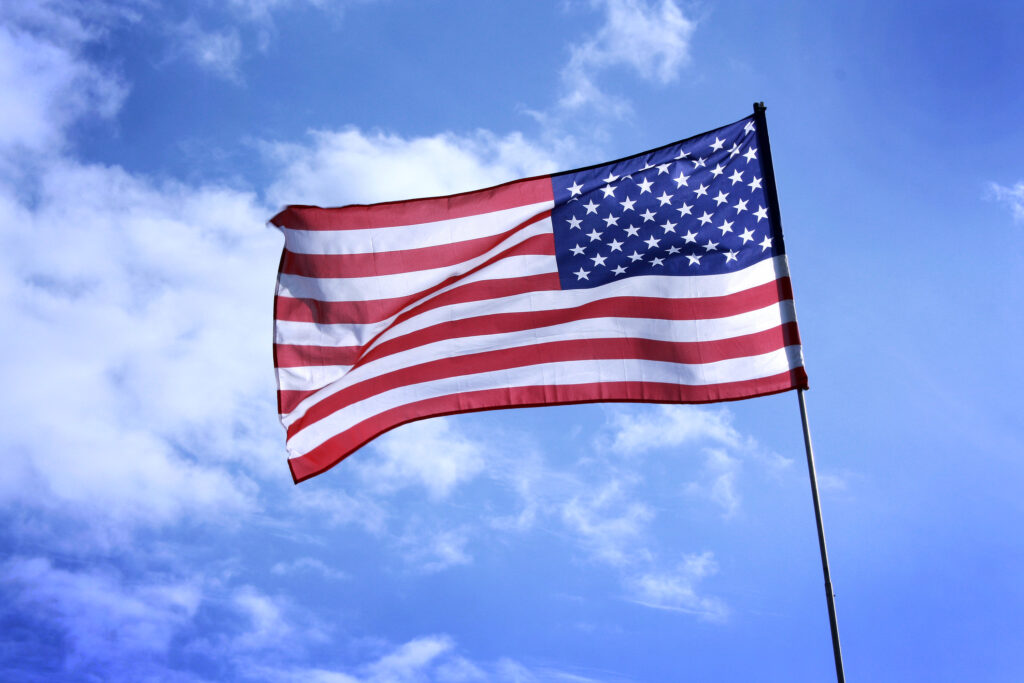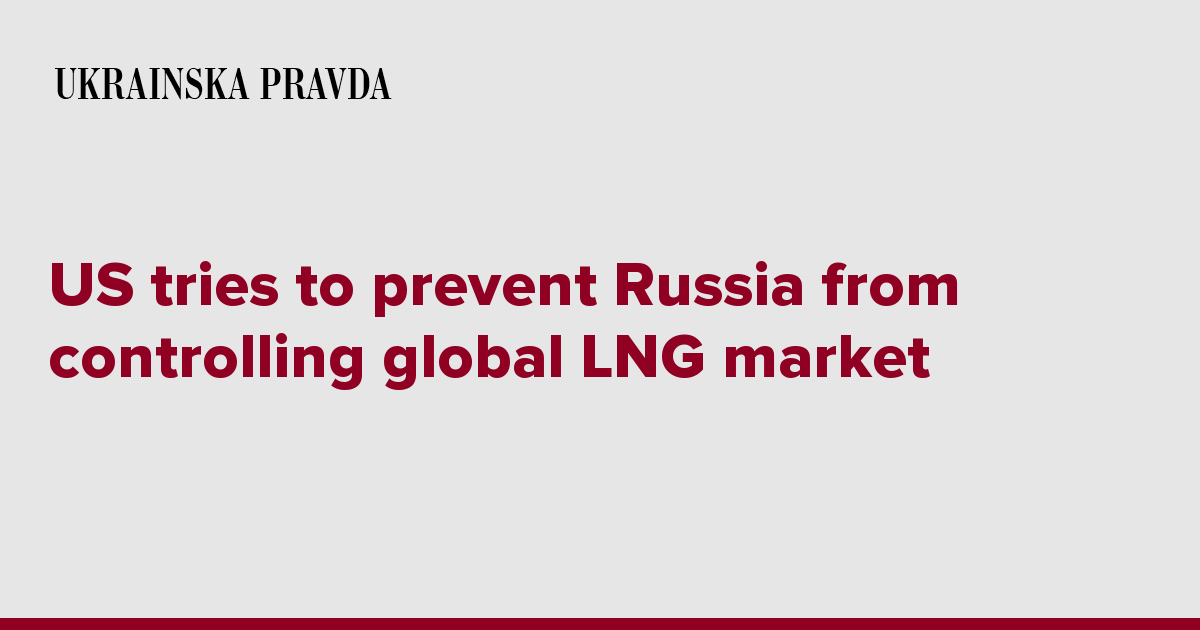WSJ: Key US states favor Trump in resolving Russo-Ukrainian War
Voters in the so-called ''swing states'' could ultimately decide the election's outcome, potentially reshaping the US' role on the global stage for years to come.


In seven so-called ”swing states” in the United States that will determine the fate of the presidential election, voters favor Donald Trump over Kamala Harris on the issue of resolving wars around the world, including in the Middle East and the Russo-Ukrainian War.
According to a poll conducted by The Washington Post, Trump leads Harris among swing-state voters, 50% to 39%, on who is best able to handle the full-scale Russian war against Ukraine.
Concerning the Israel-Hamas War, the percentage is 48% to 34% in favor of Trump. The Republican nominee has pointed to his tenure in the White House as a time of relative peace around the world and has claimed—without providing details—that he could resolve both conflicts quickly if he wins in November.
Independent voters – that is, those who are not regular supporters of either party – also preferred the Republican candidate in both cases. Nearly half of them said Trump is best for resolving the Russo-Ukrainian War, while 43% said he is best for resolving the war between Israel and Hamas.
The WSJ poll was conducted from 28 September to 8 October, with 2,100 voters in seven key US states, and has a margin of error of 2.1 percentage points in either direction.
In the latest national poll conducted by Reuters/Ipsos between the two presidential candidates on 8 October, Democratic Vice President Kamala Harris led Republican Donald Trump by a marginal three percentage points – 46% to 43% – as the two remain locked in a close race to win the 5 November US presidential election.
The outcome of the election could have profound consequences for both wars given the broad disagreements between Trump and Harris on how they should be resolved.
On one side of the aisle, Republican opposition to US military assistance for Ukraine has grown as its fight since Russia’s full-scale invasion is poised to spill into its fourth year.
Democrats, meanwhile, have been split on whether the US should continue arming Israel in its yearlong battle with Hamas in the midst of intensifying criticism of high civilian casualties and the humanitarian crisis in Gaza.
Related:
- “No appetite for further Ukraine funding” House Speaker Johnson expresses fatigue over war in Ukraine
- The real problem with Zelenskyy’s victory plan
- Trump, Vance, Johnson claim Zelenskyy favors Democrats
- Is Kamala Harris’ VP pick Tim Walz a Ukraine hawk with China ties?
- FT: European allies need to increase support for Ukraine amid US political shifts
- Trump vows not to send troops to Ukraine



